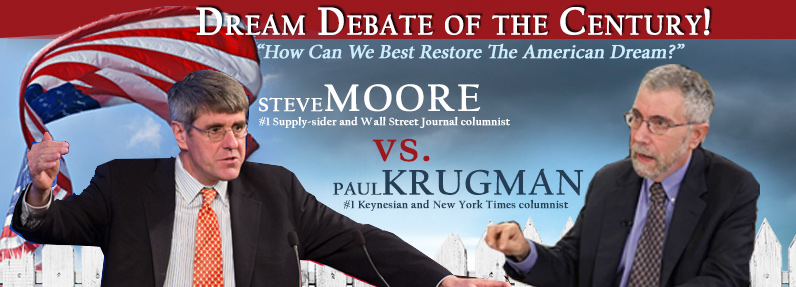[cross-posted at BHL]
Mike Munger maintains that libertarians should stop being “reflexively opposed to government”; should recognise that “in some instances, it is possible that the State is useful for advancing liberty”; and should give “empirical claims about consequences … a central place in the debate.” But he warns that this will require libertarians to “actually … think about stuff,” a requirement that he suggests will be unwelcome to his “Austrian colleagues.”

As one of his unthinking Austrian colleagues, let me offer three points in rebuttal:
1. The state is anti-liberty (and anti-equality) not just in its consequences but also inherently. After all, the state is by definition a violent monopolist. This isn’t some eccentric definition that libertarians came up with; this definition, or some variant thereof, is the standard mainstream sociological account. If the state claims for itself certain rights of action that it forcibly denies to others, then freedom of competition and equality of legal status are already curtailed in virtue of that fact alone, regardless of what further consequences this institution has.
2. As regards the state’s consequences, however, the Austrian tradition has never opposed empirical research. The traditional Austrian position (not universally accepted even among Austrians, however) is that the principles of economics – what Misesians call the province of praxeology – are a priori rather than empirical. (I defend this position here.) But the application of those principles to particular contingent circumstances – what Misesians call the province of thymology – has never been regarded by any Austrians as a priori. Mises and Rothbard are perfectly clear on this, as is Hayek in The Counter-revolution of Science.
Empirical methods are perfectly in order in determining which principles apply to particular situations, and where and how they do so; admittedly the Austrian conception of empirical method, with its debt to the Verstehen tradition, is somewhat broader than, say, the mere use of statistics, but it does include the latter. And in fact, accordingly, Austrians have been doing empirical work all along, as is obvious from the briefest glance at Austrian publications. (See, e.g., the archives of the QJAE and the RAE.) To suggest that Austrians have simply been sitting on their butts intoning “the state is bad, apodictically bad” and offering no evidence, is to fly in the face of … well, empirical evidence.
3. Mike closes by urging libertarians to “attract people who mistrust concentrations of power in any setting, whether corporate or governmental.” On this point I thoroughly agree with him (hence my enthusiastic support for the work of the Center for a Stateless Society and the Alliance of the Libertarian Left, and for writers like Kevin A. Carson); and this is indeed an area where the Austrian tradition is sometimes (not always) lacking. But surely the way for libertarians, Austrian or otherwise, to win over those who mistrust concentrations of power both corporate and governmental is to increase our critical scrutiny of corporate power, not to relax our critical scrutiny of governmental power. After all, empirical research – including Austrian empirical research – has shown that these two forms of power are mutually reinforcing far more than they are mutually antagonistic.

